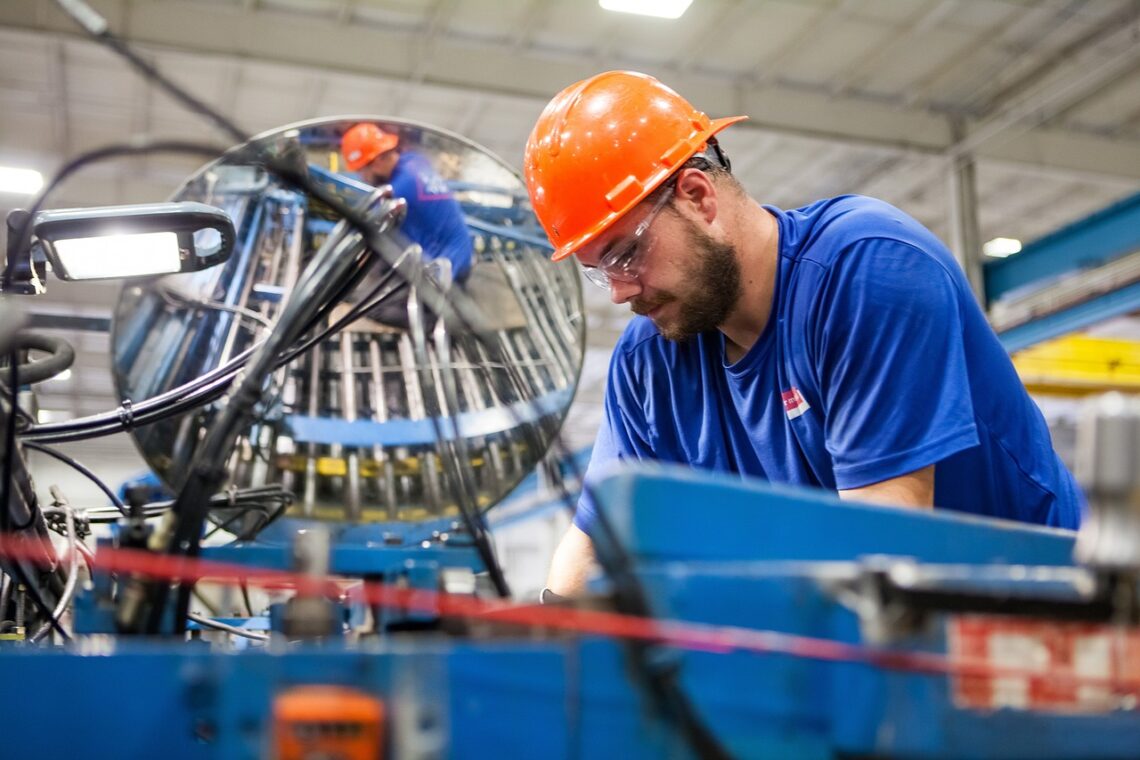Modern manufacturing operations demand constant adaptation and innovation in a world dominated by rapid technological advancements. Technology solutions drive efficiency and competitive advantage as manufacturing processes become increasingly complex and interconnected. Keep reading to explore the latest technological developments revolutionizing the manufacturing industry.
Embracing Automation to Enhance Manufacturing Efficiency
Automation stands at the forefront of modern manufacturing, offering precision, speed, and repeatability that human labor cannot match. By integrating automated machinery and robotic systems, manufacturers can drastically reduce production times and minimize errors. Automation streamlines workflows and frees employees to focus on more complex tasks that require human ingenuity and problem-solving abilities.
Automation benefits not just the production line. Implementing sophisticated software systems enhances backend processes like inventory management and quality control. Enterprise resource planning software, for instance, integrates all facets of operations, providing a unified platform to monitor and manage the manufacturing environment efficiently.
Moreover, automation allows manufacturers to remain agile and responsive to market demands. Automated systems can be quickly reconfigured to accommodate changes in product design or to pivot production in light of consumer trends or supply chain disruptions.
As energy efficiency and sustainability become increasingly important, automation provides a means to reduce waste and optimize resource usage. Manufacturers can significantly lessen their environmental impact by controlling material inputs and reducing overproduction while improving their bottom line.
Cybersecurity Measures to Protect Sensitive Manufacturing Data
In an age where data is a valuable currency, safeguarding it is paramount. Manufacturing companies hold a wealth of information, from trade secrets to customer details, making cybersecurity an essential part of their technology strategy. Investing in robust security software and protocols is necessary to protect against external threats and internal vulnerabilities.
Physical security also plays a pivotal role in protecting manufacturing assets. Dome cameras and access control systems ensure that only authorized individuals can enter sensitive areas of the manufacturing plant. Monitoring is a deterrent to potential wrongdoers and a means to respond quickly to security incidents.
Employee training is another critical element in a comprehensive cybersecurity plan. Workers must be aware of the risks and know how to recognize phishing attempts, manage passwords properly, and follow best practices for data handling.
Regular audits and updates to security systems are crucial to stay ahead of the constantly evolving cyber threat landscape. Manufacturers must proactively assess and improve their defense mechanisms to keep their operations secure.
Leveraging Artificial Intelligence for Optimized Production Processes
Artificial Intelligence (AI) in manufacturing goes beyond automation and enters the realm of cognitive insights and decision-making. AI systems can analyze vast amounts of data to uncover patterns and predict outcomes, enabling manufacturers to adjust production processes strategically.
AI-powered machines are excellent at performing tasks and equally adept at learning from the data they generate. This continuous improvement loop results in increasingly efficient operations and a better understanding of the intricate factors that affect production quality and speed.
Supply chain optimization is another area where AI is making a significant impact. By predicting supply and demand fluctuations, AI systems can advise on inventory levels, reducing the capital in unused stock and ensuring that raw materials are available when needed.
AI technologies also help create more sophisticated and customized products from design to assembly. By harnessing the power of machine learning, manufacturers can offer a level of personalization previously unattainable, ensuring they stay ahead of the competition in an era defined by consumer preference.
Overall, integrating technology solutions in modern manufacturing operations enhances efficiency and productivity and fosters innovation and adaptability in a rapidly changing market. Manufacturers can secure a competitive edge by embracing automation, cybersecurity measures, and artificial intelligence while meeting evolving consumer demands and sustainability goals.




